As fresh protests start in Bangladesh, India has once again issued an advisory for Indian nationals in the neighbouring country. Taking to social media, the Ministry of External Affairs has advised Indians in Bangladesh to "exercise caution."
Additionally, Indians have been advised against travelling to Bangladesh "until further notice". This advisory from the Indian government comes in the wake of fresh violence and protests in the country.
"In view of ongoing developments, Indian nationals are strongly advised against travelling to Bangladesh till further notice.
All Indian nationals presently in Bangladesh are advised to exercise extreme caution, restrict their movements and remain in contact with the High Commission of India in Dhaka through their emergency phone numbers:"
+8801958383679
+8801958383680
+8801937400591
In the latest round of unrest, at least 91 people have been killed due to the clashes between protestors and security officials.
The protests, which had tapered off after the Supreme Court's ruling on the job quota reform, sparked off again and this time people are demanding the immediate resignation of Prime Minister Sheikh Hasina
The unrest in Bangladesh started off last month after students took to the streets to protest against the war veterans quota in the government job system.
The protests sparked into widespread violent unrest, bringing all of Bangladesh to a standstill. Markets, shops, banks, schools and colleges and more were closed until "further notice".
The protests tapered off after the Supreme Court of Bangladesh scaled out the quota, reducing the reservation from 30 percent to five percent and paving the way for more merit-based recruitment.






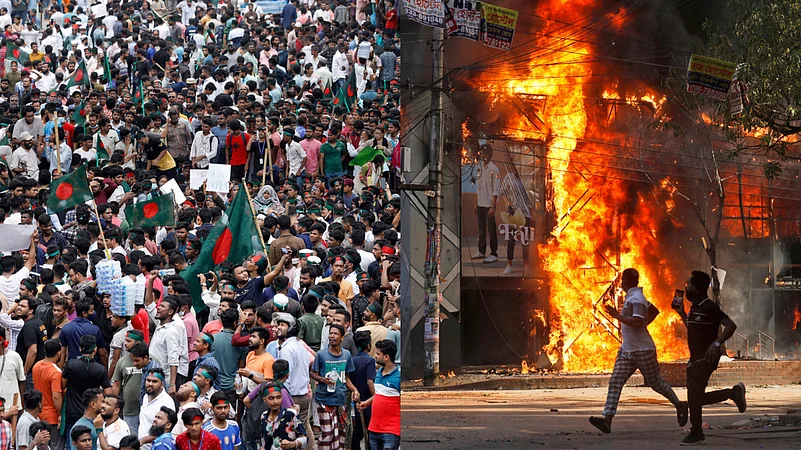


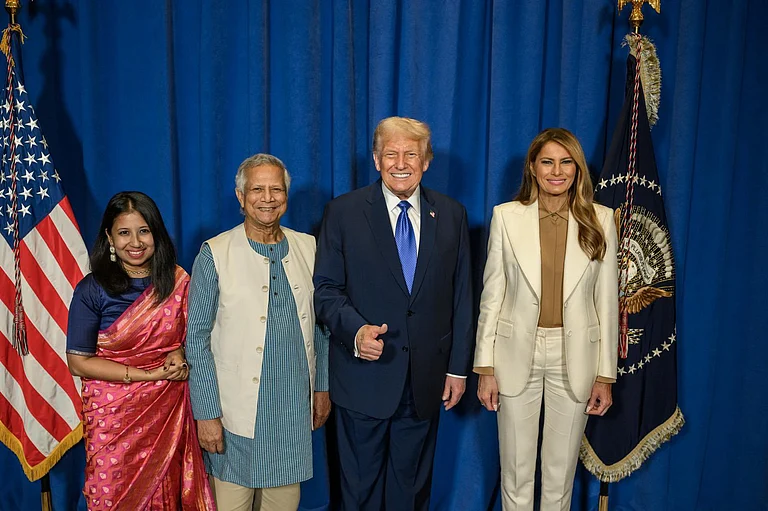
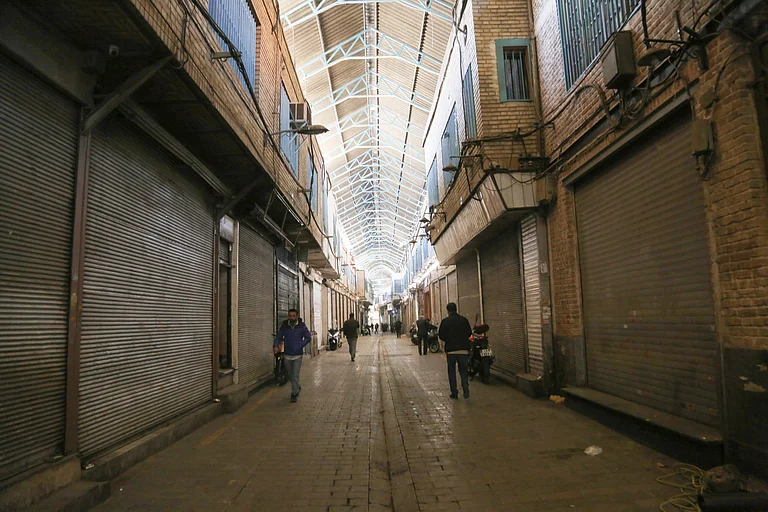
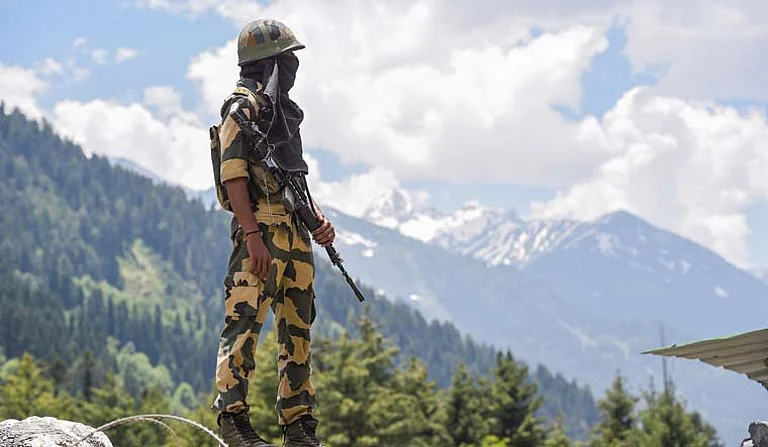


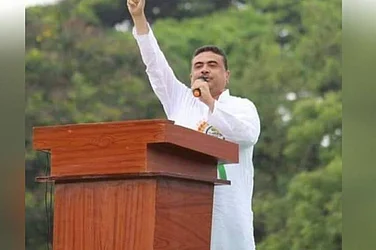
.png?auto=format%2Ccompress&fit=max&format=webp&w=376&dpr=2.0)




.png?w=200&auto=format%2Ccompress&fit=max)







